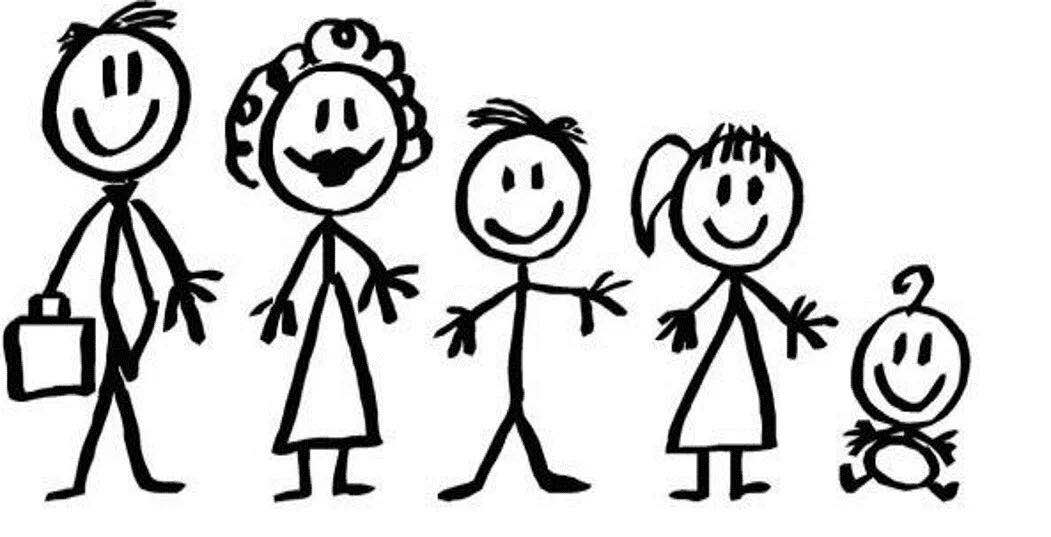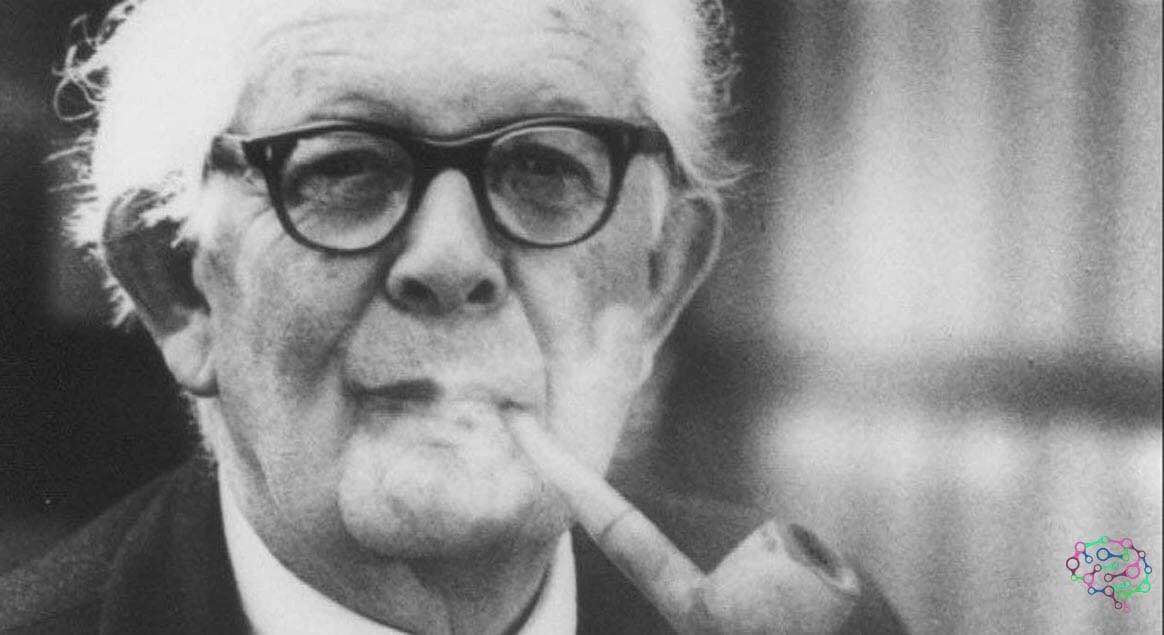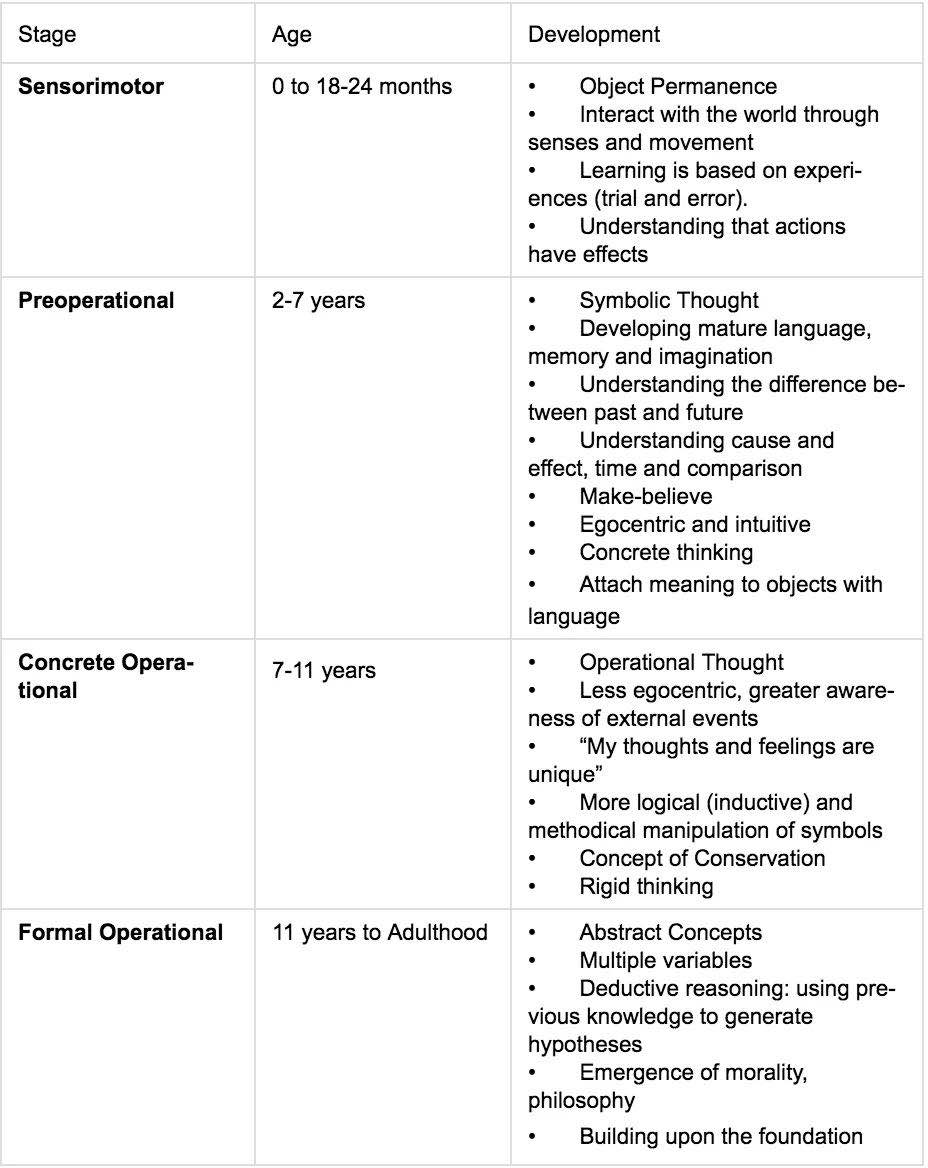Congratulations, you are a parent now!’

Let’s face it, many of us do not know how to be parents, or at the very least feel quite inexperienced. Compared to other mammals, the development of the human brain and consciousness depends on a complex array of needs, which we are not born knowing to fulfill. For many of my peers, who have grown up in single-child or small families, we have also not had the opportunity to observe or participate in parenting before becoming parents ourselves.

Therefore, when it is finally our turn to provide care for the next generation, we can feel quite lost. Some of us end up referring to information from unreliable and sometimes conflicting sources. I frequently have friends coming to me with respect to such information. For example, I have heard suggestions that children need to start computer programming classes as early as possible. Otherwise, they are going to fall too far behind. I have also heard advice saying we should urge parents with newborns not to comfort their babies when they start to cry, so as not to spoil them. In this article, I will explore child development, and in particular cognitive development. Through this discussion, I am hoping to bring a new perspective to these mysterious and sometimes preposterous claims.

What do I mean by cognitive development? Simply put, cognition is a collection of mental capacities which enable us to acquire knowledge through our thoughts, experiences, and senses. A common cognitive inventory, the Wechsler Intelligence Scale for Children (WISC), assesses an individual’s aptitudes in working memory, processing speed, verbal comprehension, and perceptual reasoning. Needless to say, these aptitudes are closely related to learning and academic performance. However, they are also essential for social interaction and overall well-being.

This may sound obvious. Yet when we are interacting with children, we often forget that they operate quite differently than us adults. At different developmental stages, children acquire different capacities and require different forms of support.Therefore, it is useless to try to understand children and parent based on adults’ standards. For instance, when an adult is feeling upset, he/she may have the capacity to regulate and may therefore wish to be left alone. A crying newborn (particularly between birth and 12 months of age) needs to be comforted immediately in order to develop a healthy sense of safety and security. As a psychologist, part of my job is to observe and evaluate children with various concerns, and subsequently provide consultations and support strategies. One of the tools I use to help me make these decisions is the Developmental Milestones. This tool, which describes the stages of cognitive development children go through as they grow older, was developed by Swedish psychologist Jean Piaget.

Piaget categorized human cognitive development into four stages: Sensorimotor (0 to 18-24 months), Preoperational (2 to 7 years), Concrete Operational (7-11 years) and Formal Operational (11 years – Adulthood). According to Piaget’s model, children’s brains have a natural capacity to learn and develop. Parents need to provide appropriate stimulation at each stage to encourage the development of these developing capacities. In other words, the more these capacities are used, the better they are acquired and sustained. However, certain types of stimulation should only be provided at certain times. Forcing children to use capacities that have yet to emerge is not only unproductive, but places too high a demand on children’s psychological development, and can potentially trigger negative self-perceptions. Unlike acquiring new knowledge, which can be a life-long pursuit, the development of cognitive capacities is critical at each stage. Therefore, Piaget strongly believed that before learning more complex skills, the emphasis should first be placed on developing the foundation for learning.

This is the first article in a two-part series by Dr. Davy Guo on Children’s Cognitive Development. Click here for Davy’s second piece on Supporting Your Child Through 4 Stages of Cognitive Development.
